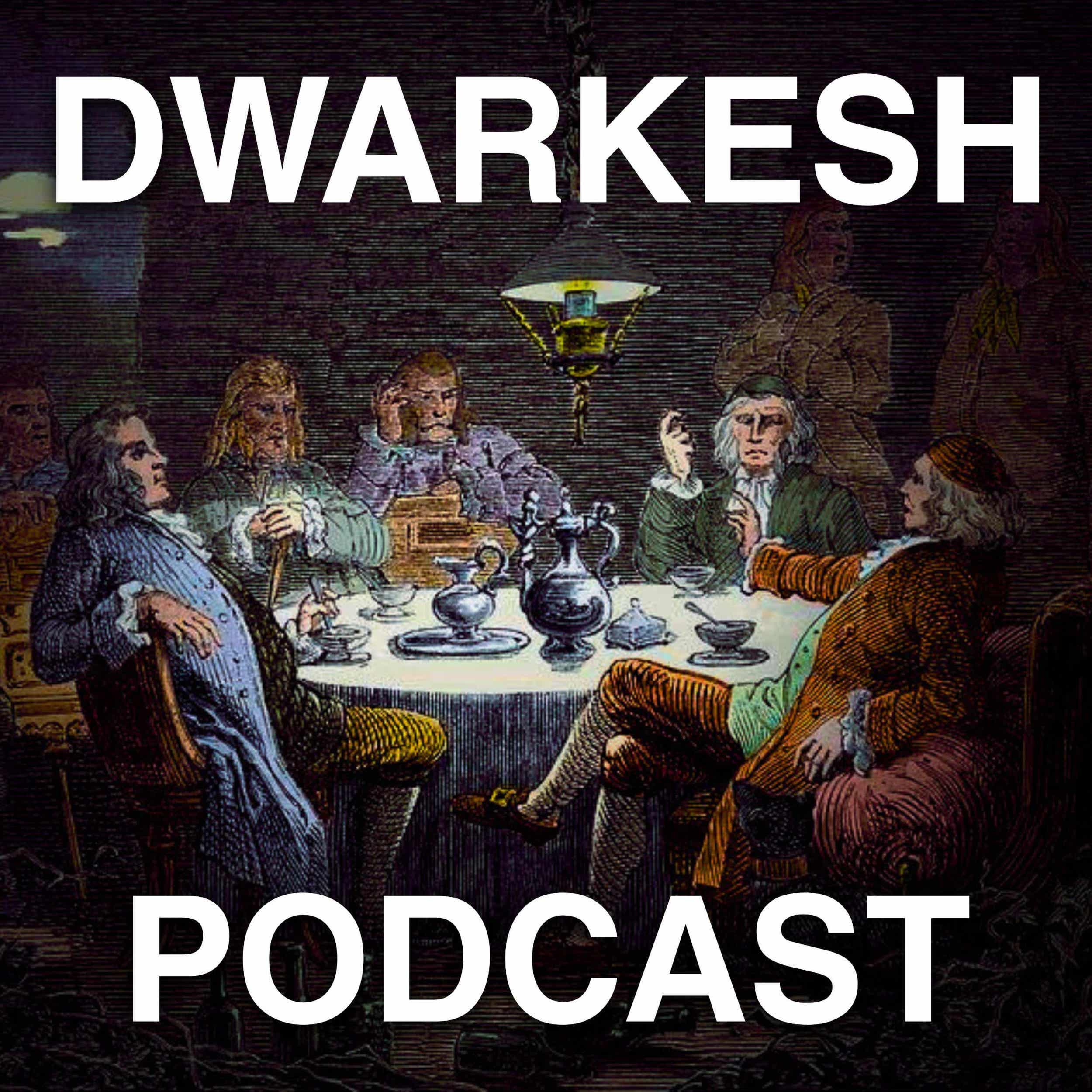PortalsOS
Related Posts
Vote to see vote counts
Nick Lane highlights that in some fungi, there are up to 27,000 mating types, which promotes outbreeding. This system allows for a broader range of genetic combinations, contrasting with the two-sex system in humans, which limits mating possibilities to 50% of the population.
The analogy of sexual recombination to a GitHub repository highlights how evolution organizes genetic changes systematically. Just like a maintainer merges sensible changes, evolution drives beneficial genetic variations to fixation.
Nick Lane explains that uniparental inheritance, where mitochondria are inherited from only one parent, increases variance between daughter cells. This evolutionary strategy minimizes errors by ensuring that only one parent passes on mitochondria, which is crucial for maintaining genetic stability.

Nick Lane discusses how uniparental inheritance of mitochondria increases genetic variance between cells, allowing natural selection to favor those with fewer mutations.
Nick Lane discusses the evolutionary rationale for having two sexes, explaining that it allows for the differentiation of roles: one sex passes on mitochondria while the other does not. This division minimizes errors and maintains genetic integrity, despite seeming inefficient compared to having more sexes.
The concept of extreme polyploidy in giant bacteria, where they possess tens of thousands of genome copies, highlights the immense energy demands compared to the efficiency of eukaryotic cells.
Bacterial evolution is fascinating because they maintain small genomes but have access to a large pan genome. For example, an E. coli cell might have 3,000 to 4,000 genes but access to 30,000 to 40,000 genes. This allows them to adapt by borrowing genes from other strains, which is crucial for survival in different environments.
Nick Lane discusses the challenge of explaining complex biological concepts to a lay audience, noting that while physicists often write about big questions, there are fewer accessible books on the complexities of life and its origins.
Nick Lane explains that protocells in hydrothermal vents could self-organize and grow by deterministic chemistry, leading to early forms of heredity. This sets the stage for more complex life forms.
Nick Lane explains that the Y chromosome is degenerate and has lost many of its genes over time. Despite this degeneration, it remains functional because it only needs to maintain a few key genes, such as the SRY gene, which influences growth rate.